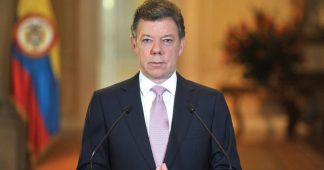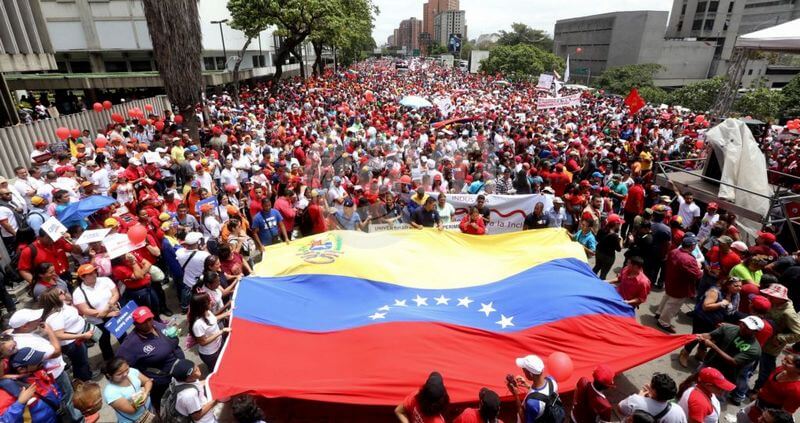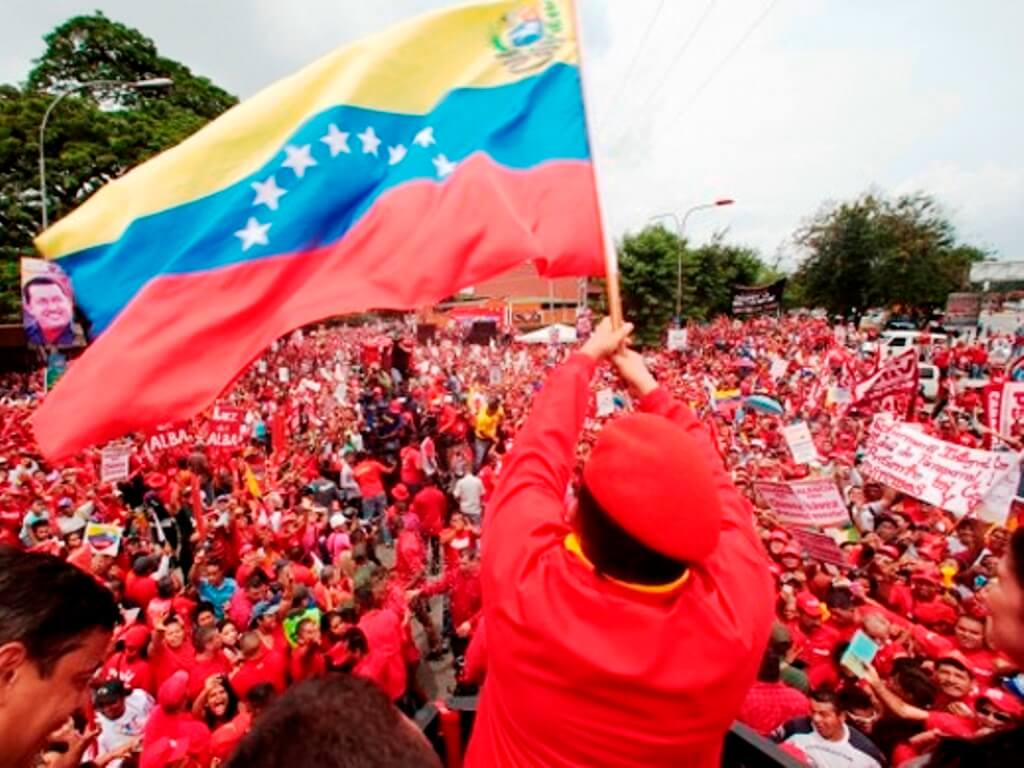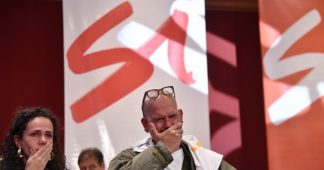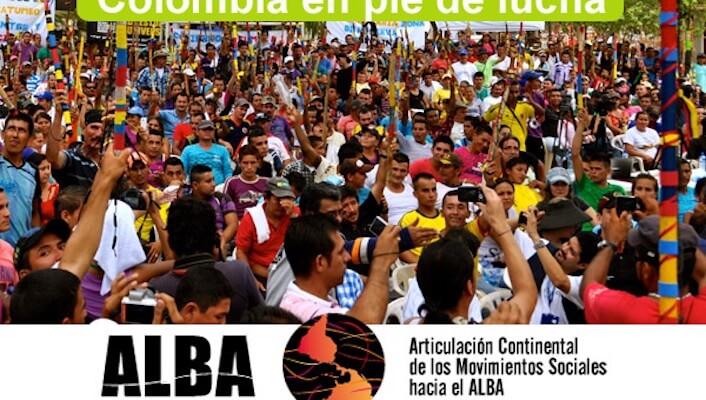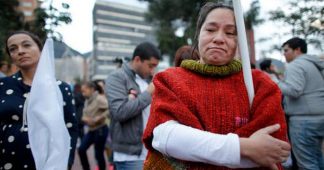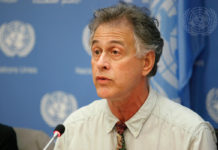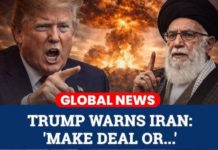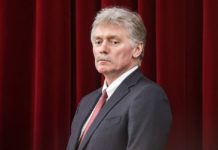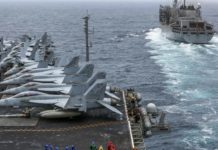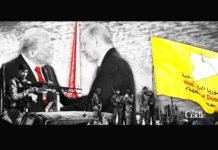By Resumen Latinoamericano
Original post date: 2 February 2017
Latin America and the Caribbean are not just going through a neoliberal political and economical offensive through the installation of right-wing governments by various means—more than that, it is a giant counter-revolution spreading across the continent. It has been taking shape for years now, modeling itself and it may cause just as much —or even more— damage than a reactionary military onslaught. This initiative, which distorts thought, slips through every hole in the system and it exploits the educational lacks and weaknesses of the citizens. To the popular, liberating and revolutionary culture that has been consolidating here over the last few decades, ideological apparatus opposes (with an overwhelming continuity and persistence) a speech that distorts, alienates and dissociates truth from reality. It generates confusion, disenchantment, separation, paralysis and demobilization. Everything is valid to demean or discredit anti-colonial and anti-imperialist movements in the region.
Right now, from Colombia, the audiovisual machine, infected by anti-Chavism, is carrying out a new attack, through a new television series called “The Commander”, produced by Moisés Naim, a Venezuelan writer/journalist who lives in Colombia, and is a friend to US foundations and an active collaborator in mass media that condemn the Bolivarian Revolution. Through his 60-chapter script he intends to demolish the dignified story of rebellion publicly lead by Commander Hugo Chávez. To this end, he uses vulgar anecdotes and distorted stories to support a feeble ad hominem argument that would provoke laughter if it weren’t so concerning. Because this is the product of a millionaire investment jointly conceived by New York, Miami and Bogotá, in a quest to destroy Chávez’ legacy and the meaning of his emancipatory project for Latin America and the world. First, they tried to slowly murder him until he passed away on that tragic May 5, 2013, and now they try to kill him by poisoning his true story.
It is important to highlight that Naim is a great friend of Colombian ex-President Alvaro Uribe Vélez, who has been controlling drug smuggling and Colombian paramilitarism for years, and that in an television interview they both agreed that “Venezuela is a dictatorship in democracy”. Uribe’s hatred is understandable, since Chávez was his exact opposite. The Colombian President and his paramilitary groups created the “false positives” and a signature way of disposing of the bodies of peasants with chainsaws, while Chávez set his country on a path to eliminate poverty and make a revolution where the state and the military exist for the people. Uribe is a minion of the Empire, and the only thing he knows how to do is generating fear and terror through his “Self-Defense” paramilitaries. On the other hand, Naim is a pawn of the strategy that not only opposes to peace inside Colombia, but also tries to get the Venezuelan people to despise the man that defended their interests more than any other President.
To make this North-American and Colombian take on Chávez, produced by the multinational Sony Pictures, Naim has received an large sum of money from the U.S., thanks to a traitor to the Revolution and to Chávez himself who sought after funds and so the television monstrosity could get to the air: the former Minister of Alimentation and of Aquatic and Aerial Transport, Hebert García Plaza, whom Vice President Diosdado Cabello accused of being related to CIA activities against Venezuela.
In order to further drive the point home, the creators of this propaganda series made a deliberate choice of actor to represent Hugo Chávez. Colombian actor Andrés Parra, better known as “Pablo Escobar” for his role in another series in where the life of the drug dealer was depicted. The plan to destroy the revolutionary message of the Commander of the Bolivarian Movement includes associating him to a murderer and drug lord like Escobar.
Anyhow, no matter how many millions of dollars they spend or the advertising effort they make, what is clear is that no one can tarnish the real commander Chávez. His strength lies in what he did for the most needy of his country but also for the efforts in rescuing the idea of Latin American and Caribbean Unity. That can not be erased in a day through the use of an impersonator. The series premiere in Colombia, its stronghold, where the right-wing channel RCN officiated as official emission channel, was a resounding failure. It was relegated to the 16th rank of the ratings, and journalists mocked the series by saying that if the first episode had performed that badly, by episode the number 60 (if it ever arrives) the only spectators would be Parra’s own family members.
However, this provocation should help those who are leading the popular revolutionary struggle to urgently take on the cultural and ideological battle—because waiting for the bureaucracy to do it would be fruitless. As President Nicolás Maduro once said, it is necessary to tell the truth about Chávez one and a thousand times, to defend his legacy and to show the new generations that the Commander is the son of Bolívar, of Ezequiel Zamora and Guacaipuro, and not of Santander or the Mantuan oligarchy.
